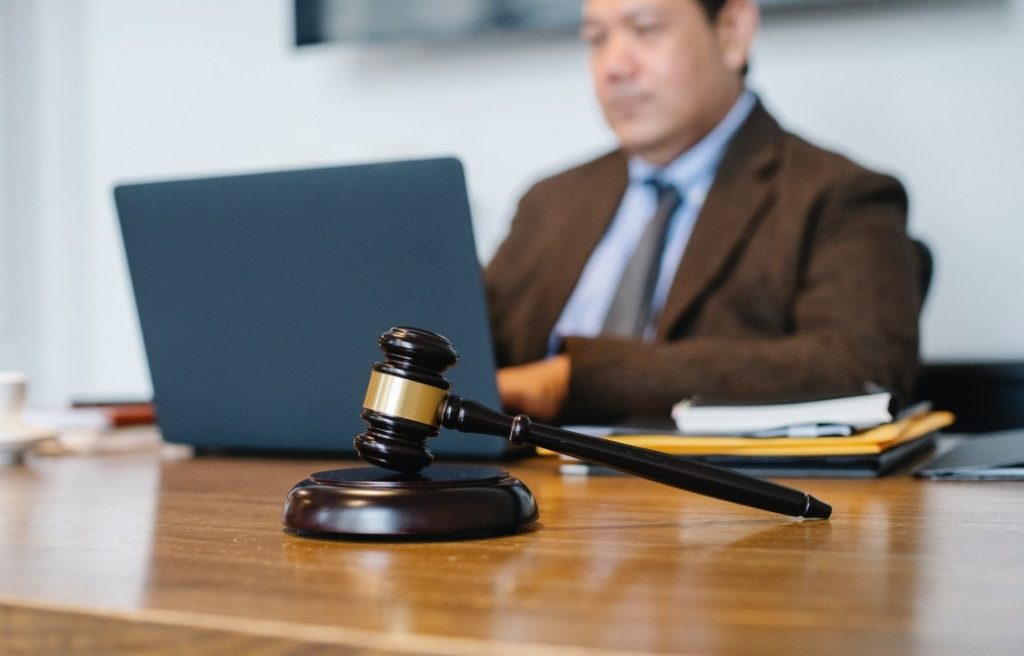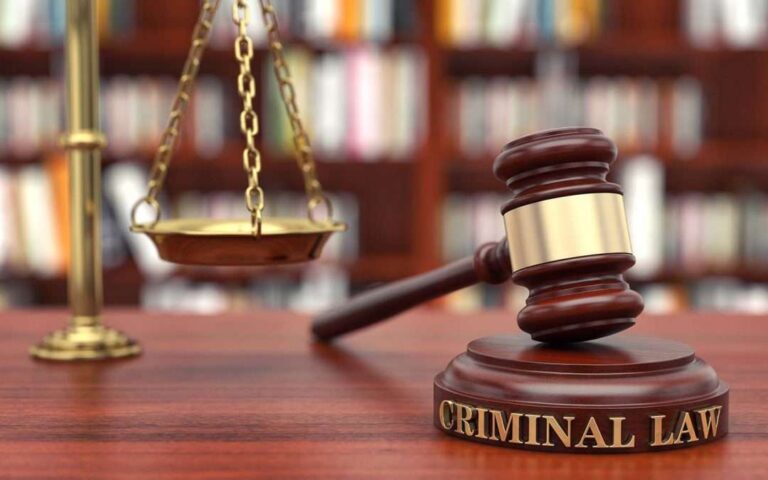
Table of Contents
- What Constitutes a Personal Injury?
- The Importance of Knowing Your Rights
- Initial Steps to Take After an Injury
- Finding the Right Legal Support
- The Legal Process of Filing a Claim
- Negotiating Settlements Vs. Going to Trial
- What to Expect in Compensation
- The Role of Insurance Companies
- Post-Settlement Considerations
- When to Appeal a Personal Injury Case Decision
Key Takeaways:
- A comprehensive understanding of personal injury law is crucial for those seeking justice for their sufferings.
- Legal expertise from a knowledgeable personal injury lawyer in Pennsylvania is indispensable in navigating the claims process.
- Taking prompt action post-injury and understanding your compensation rights are fundamental steps in a personal injury claim.
- Being well-informed about negotiations, trials, and post-settlement procedures can significantly influence the outcome of your claim.
Mishaps and misfortunes can strike unexpectedly, often bringing about physical pain and legal challenges. In such situations, the knowledge of personal injury law becomes paramount. Understanding the nuances of the law and leveraging the expertise of a skilled personal injury lawyer in Pennsylvania is essential when you are looking to secure fair compensation and justice for your injuries. Let’s explore the pivotal aspects of personal injury claims, from the initial steps following an injury to post-settlement considerations and potential appeals. This deep dive into personal injury law is a resource for those wanting to assert their legal rights after an adverse event.
What Constitutes a Personal Injury?
Bringing forth a personal injury claim starts with understanding what falls under this legal area. A personal injury occurs when someone sustains harm due to another’s action or inaction. This could range from a broken bone suffered in a slip-and-fall incident at a grocery store to a severe concussion from a motor vehicle accident. The principle of negligence, wherein one’s failure to exercise reasonable care results in injury to another, is the primary factor considered in such cases. To prove negligence, the injured party, known as the plaintiff, must show that there was a duty of care owed by the defendant, the duty was breached, the breach directly caused the injury, and that there were damages.
Data from sources like the Centers for Disease Control and Prevention (CDC) highlight that motor vehicle accidents are a significant cause of injuries in America, reminding us of the importance of understanding our legal options following such incidents.
The Importance of Knowing Your Rights
After sustaining a personal injury, your legal rights are the most crucial aspect to be mindful of. The legal remedies available to a personal injury victim are determined by state laws, which also set the time limits—the statute of limitations—for filing a lawsuit. Understanding this time frame is critical, as missing these deadlines could permanently bar your right to take legal action and seek compensation. Compensation after an injury not only addresses the direct costs, such as medical bills and property damage, but also considers the more intangible losses like emotional distress, pain and suffering, and the reduction in life quality due to permanent disabilities.
Initial Steps to Take After an Injury
Reacting swiftly and thoughtfully following an injury could make a significant difference in the success of a future claim. The initial step should always be to seek immediate medical attention, as it’s vital for your health and generates medical records that indicate your injuries. Once safe to do so, gathering evidence at the scene, like contact information of eyewitnesses and photographs of the surroundings, supports your claim’s credibility.
Timeliness in reporting the incident to appropriate authorities or property owners is another layer of documenting the event, and these reports often play a pivotal role in legal proceedings. Such documentation can become invaluable during the legal process, so safely storing all the paperwork and digital evidence is highly recommended.
Finding the Right Legal Support
Securing adept legal representation is the most crucial step in the process of a personal injury claim. Your choice in solicitude can dramatically influence the outcome of your case. You should select a lawyer specializing in the personal injury law segment that pertains to your case and has experience handling similar cases. Their familiarity with the intricacies involved, such as working with the local courts, and their success in securing favorable settlements or verdicts are insightful indicators of competency. During your initial consultation, often offered without charge, be sure to ask pointed questions about their approach to cases akin to yours and their willingness to go to trial should the need arise.
The Legal Process of Filing a Claim
The legal process of pursuing a personal injury claim can be labyrinthine, starting with filing a complaint. This document is pivotal as it lays the groundwork for your legal argument by detailing the injury, the alleged negligence, and the sought-after damages. Upon acceptance, the defendant has a set period to respond, which, in most cases, is followed by the discovery phase. During discovery, information exchange occurs, enabling both sides to construct their legal strategies. This is where the meticulous collection of evidence and documentation from previous steps proves its worth. The negotiation aims to arrive at a settlement agreeable to both parties.
Negotiating Settlements Vs. Going to Trial
Whether it is more propitious to accept a settlement or proceed to a court trial is a predicament that many plaintiffs encounter. Settlements are generally quicker and less financially draining than trials, and they offer a guaranteed result, albeit often at a lower compensation level. At the same time, riskier and more prolonged trials could result in a higher award if successful. Here emerges the importance of having a skilled attorney who can weigh the risks, analyze the strengths and weaknesses of your case, and provide a recommendation based on experience and legal acumen.
Insights from a Reuters report indicate a consistency in the number of lawsuits being filed, suggesting a stable environment for pursuing legal recourse. When deciding whether to settle or continue litigation, one must carefully consider these facts and patterns.
What to Expect in Compensation
The compensation you may rightfully claim varies, illuminating the complexity of personal injury lawsuits. Damage calculation is bifurcated into economic damages—quantifiable monetary losses like medical bills and loss of income—and non-economic damages, which account for pain, suffering, and diminished quality of life. Additionally, if the court finds that the plaintiff is partially to blame—recognized in legal terms as contributory or comparative negligence—the compensation amount can be accordingly reduced, emphasizing the need for thorough legal representation to mitigate such instances.
The Role of Insurance Companies
Negotiating with insurance companies is a significant facet of a personal injury case. Insurance adjusters are trained to minimize financial exposure, often through rapid, albeit lower, settlements. Engaging with them requires a strategic approach that an experienced personal injury lawyer is primed to handle. Such negotiations deal with knowing the value of your claim and understanding and advocating for fair treatment under insurance policies.
Post-Settlement Considerations
When a settlement is reached, it comes down to how it will be paid. Plaintiffs may opt for a lump-sum payment, providing access to funds immediately, or a structured settlement, ensuring regular payments over time, which can be particularly beneficial for managing long-term financial needs. It is also prudent to consider the potential tax implications of your settlement. While personal injury settlements are generally not taxable, nuances in tax law make it vital to consult a financial advisor to manage these funds effectively and efficiently.
When to Appeal a Personal Injury Case Decision
Not every legal battle concludes favorably for the plaintiff, and when a decision is not satisfactory, the appellate process is available as a recourse. There are strict rules and timelines for filing an appeal, and grounds are typically limited to errors of law or procedure. At this point, the strength of your legal team truly shines, as a robust appeal requires in-depth knowledge of appellate law and the ability to present a compelling argument for why the initial ruling warrants reconsideration. Your lawyer’s advice on an appeal’s validity and potential success is invaluable.




